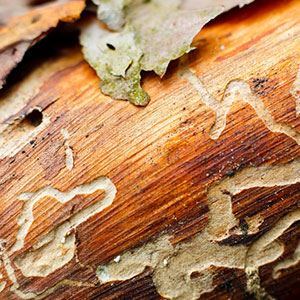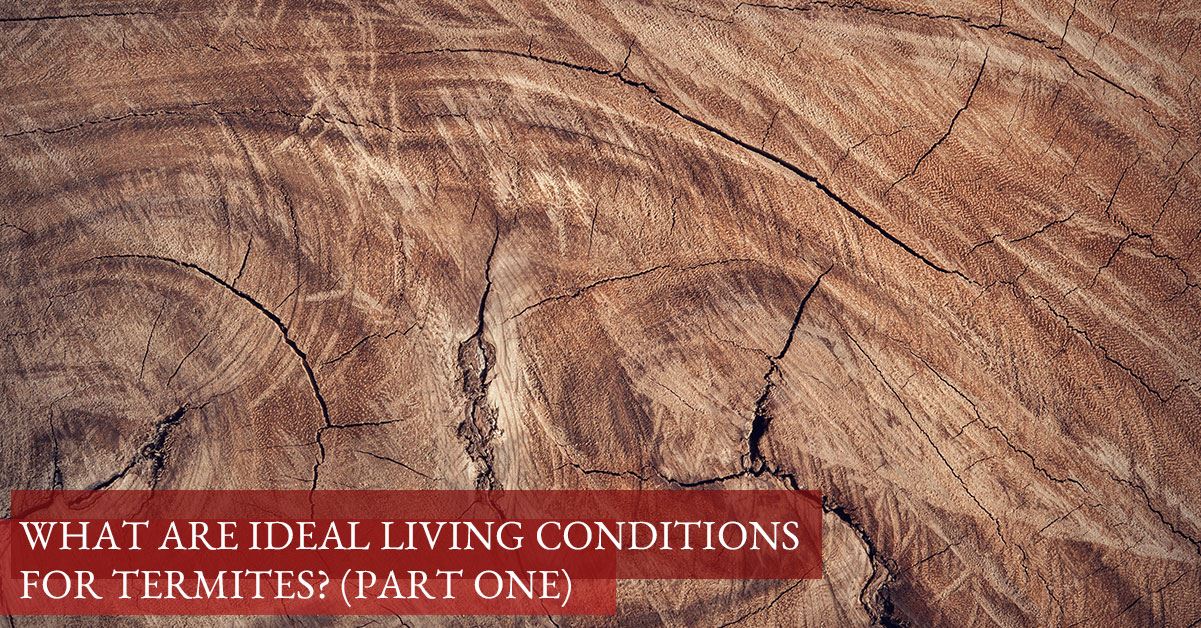Just like any creature — insect and mammal alike — termites crave to create and thrive in an environment that best suits their ability to flourish and grow their colonies. And, termites are not going anywhere as they’ve been molding and adapting to their environments over a timespan of 250 million years! With over 2,600 known species of termites existing on every continent, termites love the tropic and subtropic areas, but can survive in other climates as well. In the symbiosis and the part they play in on our planet, termites are crucial for decomposition of plant matter, but when they’re close to human populations, they’re extremely destructive to homes and buildings.
In Arizona, the truth of the matter is we have a termite population, thus termite control is our specialty! With over 20 years working in termite protection across the state of Arizona, we offer highly skilled and trained termite specialists that can address your termite issues with our unmatched experience and fair prices. Follow along in today’s post as we uncover the ideal living conditions for termites.

What Climate Do Termites Love?
As mentioned earlier, termites love a good tropical or subtropical climate, but it all depends on the species of termite. With about 45 different species of termites that call the United States home, there are three common types that thrive including:
- Dampwood termites – These termites thrive in rotting wood such as dilapidated buildings and dead trees, with the easy availability of soil for moisture.
- Drywood termites – These termites will live in once piece of wood, unlike dampwood termites, and receive all their nutrients including water from it.
- Subterranean termites – These termites live exclusively underground and under structures such as concrete slabs, and can stray from a soil environment if an alternative water source is present. For this type of colony to flourish they require an enclosed space with damp and humid conditions and access to cellulose-rich materials or plant life.
Because in the US termites have very few predators — with their natural predators being anteaters, aardvarks, pangolins, etc — they are able to build colonies with very little threats.
Home Is Where the Wood Is!
Since termites are cold-blooded insects that are can easily become dehydrated, to survive and thrive, they need warm and damp conditions. Old, desiccated trees make a lovely environment for termites, but in Scottsdale, they’re known to creep and crawl among the houses! Termites are actually unable to digest cellulose without the microorganisms in their gut — they’re known to have more than 100 species of protozoa and bacteria to better equip them for digesting wood! While having a home or building completely free of wood would mitigate termite issues, this is not realistic nor practical. To prevent a termite infestation, consider the following:
- Remove any dead trees or tree stumps – This is the first step in termite prevention because termites are attracted to dead wood. Once they colonize in a tree or tree stump, it encourages them to explore the land where they may perhaps come across your home!
- Remove any decaying buildings or loose wood – If you have any wood on your property, it’s important to remove it promptly to avoid a termite invasion. Even if you have firewood, it’s crucial you store it on a platform so it doesn’t touch the ground. Be sure to keep it covered and free from moisture.
We’ve just begun our examination of the ideal living conditions for termites as we’ve discovered how much they enjoy warm climates and wood! Stay tuned for part two of our series!
If you have a termite infestation and need termite control in your home, connect with us today! Arizona Termite Specialists proudly provides termite treatments throughout Phoenix, Scottsdale, Cave Creek, Gilbert, Mesa, and Peoria.
The post What Are Ideal Living Conditions for Termites? (Part One) appeared first on Arizona Termite Specialists.


